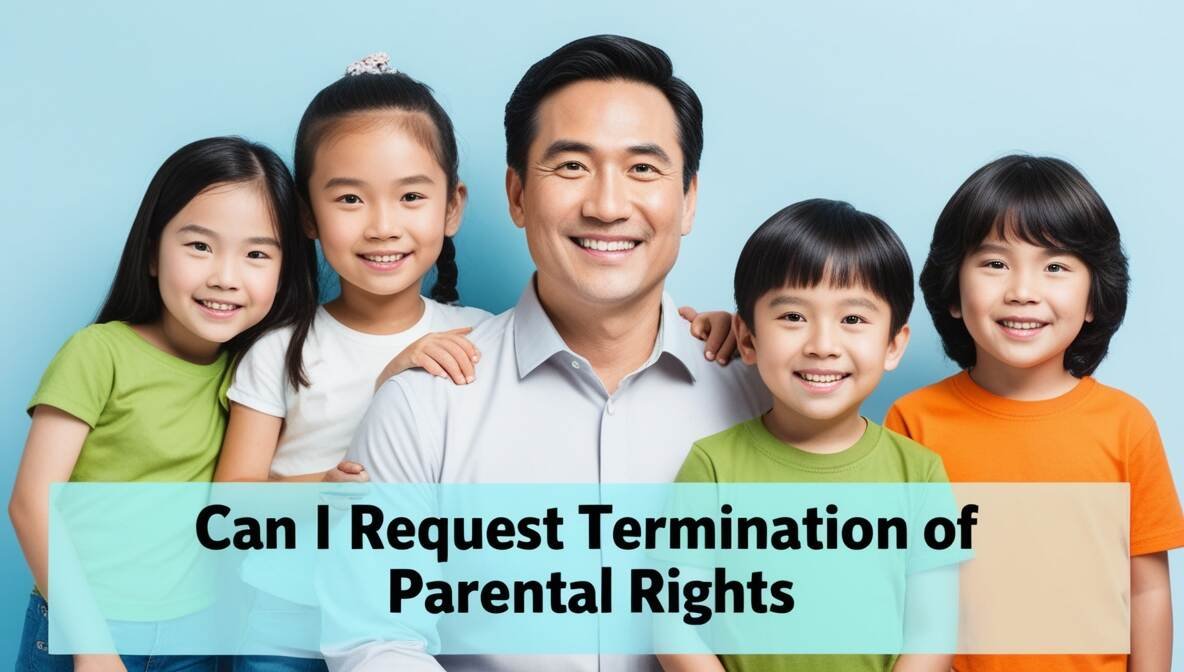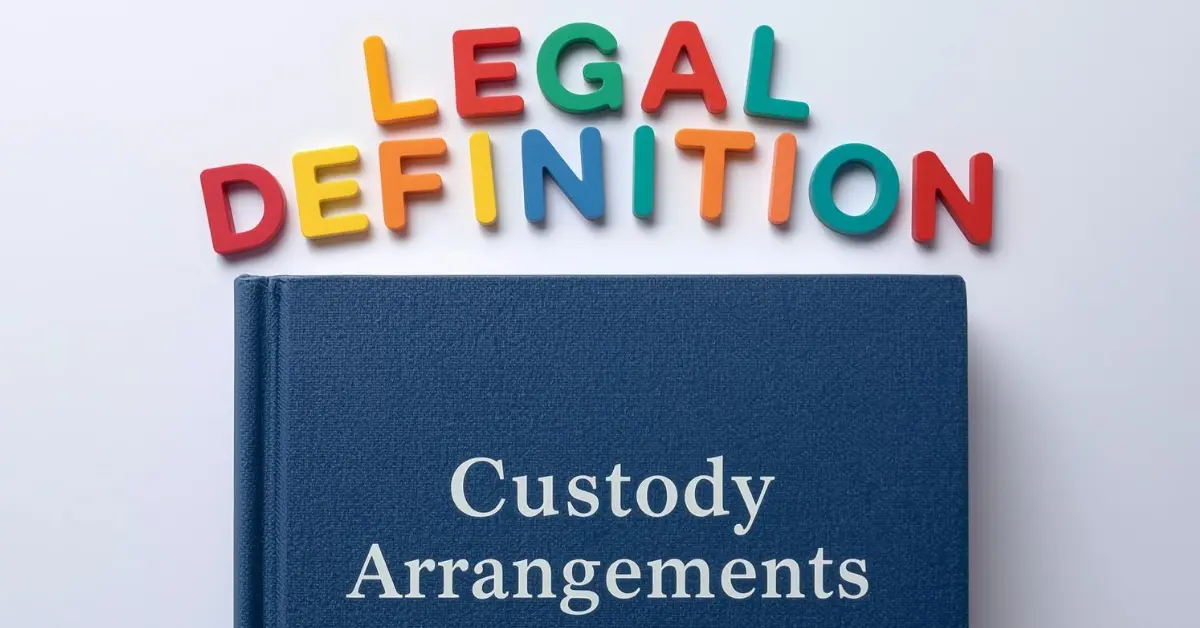Parental Rights in the United States refer to the legal rights and responsibilities that a parent has toward their minor child. These rights include the ability to make decisions on the child’s behalf, maintain custody, and provide support.
On the other hand, parental rights termination is a serious legal proceeding that ends the parent-child bond forever. This process is usually irreversible and must meet strict guidelines to ensure the best interest of the child.
People seek termination of parental rights for various reasons. Common motivations include cases where a child is being adopted by a step-parent or a biological parent has demonstrated abuse, neglect, or prolonged abandonment.
This article explores the legal framework, potential grounds, and the procedure to request the termination of parental rights.
Grounds for Termination of Parental Rights in the USA
Termination of parental rights must be supported by specific legal grounds, as outlined in state family law statutes. Here are some common criteria that courts recognize:
- Abuse or Neglect
Evidence of physical or emotional harm, or failure to meet the child’s basic needs, can justify termination. Abuse cases often require extensive documentation and may involve child protective services.
- Abandonment or Failure to Support
If a parent has not maintained contact or provided financial support for a set period, generally six months or more, courts may deem this as abandonment. Each state defines abandonment differently.
- Mental Illness or Substance Abuse
Parents with unresolved mental health issues or chronic substance abuse that impairs their ability to care for the child may be subject to termination.
- Long-term Incarceration
If a parent is incarcerated for a prolonged period, their capacity to fulfill parental responsibilities may be in question, particularly if the incarceration affects the child’s stability.
- Parental Consent
In cases of adoption, a parent may voluntarily relinquish their rights to facilitate the process. This type of termination generally requires a formalized consent agreement.
Each ground must be substantiated with evidence, as courts prioritize child welfare and will only approve termination if it clearly benefits the child.
Voluntary vs. Involuntary Termination
Voluntary Termination allows a parent to willingly relinquish their rights. This often occurs when one parent is prepared to surrender rights to allow for step-parent adoption or when they cannot meet the demands of parenting.
Involuntary Termination, on the other hand, is initiated by the court, often at the request of child protective services or a concerned family member.
The court may intervene when a parent is deemed unfit, has engaged in neglect, or poses a potential threat to the child’s well-being. Article 15 Signs of Parental Unfitness for Custody, may guide such decisions, ensuring that the child’s best interests remain the priority. Both voluntary and involuntary terminations demand court approval.
The Legal Process of Requesting Termination
Requesting termination involves several legal steps. Here’s a breakdown:
- Filing a Petition
The petitioner must submit a formal termination petition to the family court, providing grounds for termination and relevant documentation.
- Legal Representation
A family law attorney can guide petitioners through the complex legal processes, ensuring proper documentation and court compliance.
- Court Hearings and Evidence
Courts require “clear and convincing evidence” to support termination. The petitioner must demonstrate that terminating rights serves the best interest of the child.
- Child’s Best Interest Standard
This standard evaluates various factors such as the child’s emotional and physical needs, stability, and the potential impact of termination on their well-being.
These steps are aimed at preserving the child’s welfare, as courts are cautious in severing parental rights without substantial justification.
Potential Challenges and Considerations
Achieving termination can present challenges:
- High Burden of Proof
The need for compelling evidence often complicates cases. Courts favor maintaining parent-child relationships, making it difficult to achieve termination without substantial grounds.
- Family Resistance
Relatives may oppose termination if it risks limiting their connection to the child, adding complexity to the case.
- Impact on Child Support and Inheritance
Termination usually ends a parent’s responsibility for child support and can also affect inheritance rights.
- Risks of Denial
Courts may deny termination requests if the petitioner’s evidence is insufficient. A denied request could impact future cases and other custody arrangements.
Alternatives to Termination of Parental Rights
There are alternatives that maintain the parental relationship while still addressing concerns:
- Legal Guardianship
Assigns day-to-day responsibilities to another adult without severing parental rights.
- Custody Arrangements
Modifying custody can offer more stability without full termination.
- Supervised Visitation
Allows parental contact under supervision, balancing the child’s safety with maintaining family bonds.
FAQs
Can both parents agree to terminate one parent’s rights?
Yes, in some cases, mutual consent can streamline the process, particularly in adoption scenarios.
How does termination affect child support obligations?
Typically, termination releases a parent from child support obligations unless otherwise ordered by the court.
Are grandparents’ rights affected by termination?
In most cases, termination affects grandparents’ rights if their connection to the child relies on the terminated parent.
Conclusion
The decision to pursue termination of parental rights is profound and requires careful consideration. While circumstances like abuse, neglect, or substance abuse may necessitate termination, courts will always prioritize the child’s welfare.
For those considering this path, consulting a family law attorney is critical to navigate the legal landscape effectively and ensure the best possible outcome for the child.




